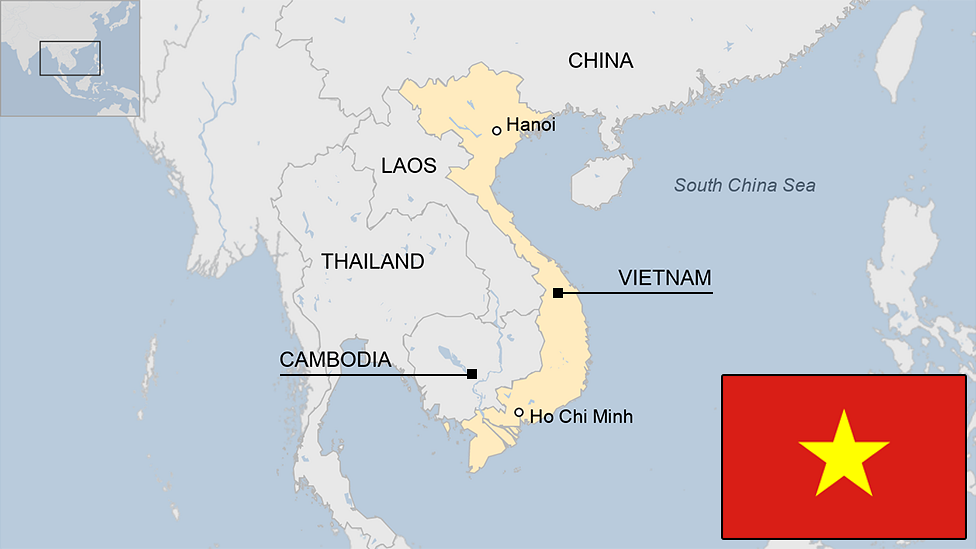Seeking asylum: Facing pirates, storms and gunfire to flee Vietnam
- Published
A man's voyage from Vietnam to Wales
The stories of five people who fled persecution in their own countries and found sanctuary in Wales are being told via a virtual reality exhibition in Cardiff. Hanh Tran was one of thousands of Vietnamese people who escaped by boat once Communist forces took over the country. Here is the story of his voyage to safety
When Hanh Tran waded through deep estuary mud towards a waiting boat on a dark night in July 1979, he could not have imagined the ordeal that was about to begin.
He was part of a mass movement of 800,000 people boarding boats of all sizes to flee a country ravaged by years of conflict and instability. They became known as the Vietnamese Boat People.
When the North Vietnamese Army marched into Saigon in April 1975 some were uncertain about what their new rulers had in store, but Hanh was not. His father had left the communist north many years before, and knew what to expect.
"We were certain of what was going to happen," said Hanh. "We were very scared of the Communists. If you said one wrong word you would be invited to the police station and never return."
Forced conscription of young men into the army was common, so Hanh and one of his brothers went into hiding. That kept them safe for a while, but the long-term solution was to get out of the country, and so Hanh joined the many boats leaving in 1979.
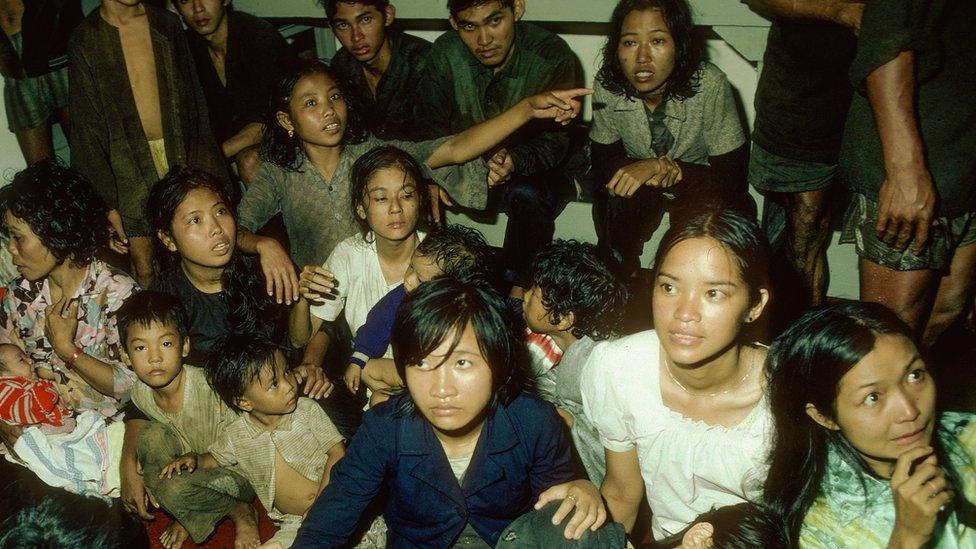
Vietnamese Boat People awaiting rescue in 1978
He found himself crammed into an 11-metre long boat with 86 other people, including his younger brother. Hanh was violently seasick and spent the first two days in a daze. When he recovered, the boat was now in open water with no land in sight. Then four bigger boats came into view, sparking celebrations.
"Everyone was so happy, because we thought they were coming to rescue us," he said. They weren't.
The boats were manned by Thai pirates, who surrounded the refugee boat, pointing guns at the terrified people on board. Younger men like Hanh were separated from the others. His wedding ring was stolen, and he began to fear the worst.
"That was the most frightening moment of my life. When they separated us we thought they were going to kill us - no doubt about it," he said.
The pirates didn't kill them however, robbing the boat people but allowing them to continue their journey. That night the refugees realised the men with guns still had plans for them.
Around midnight they saw lights ahead. The closer they got, they realised it was the pirate ships waiting for them. Hanh later heard many stories of people being killed or abducted, and believes the pirates were going to to attack again under the cover of darkness.
"Everyone went quiet on our boat and we turned the lights and engine off. As soon as we did that the lights ahead started moving. They knew we had realised who they were, and they were looking for us."
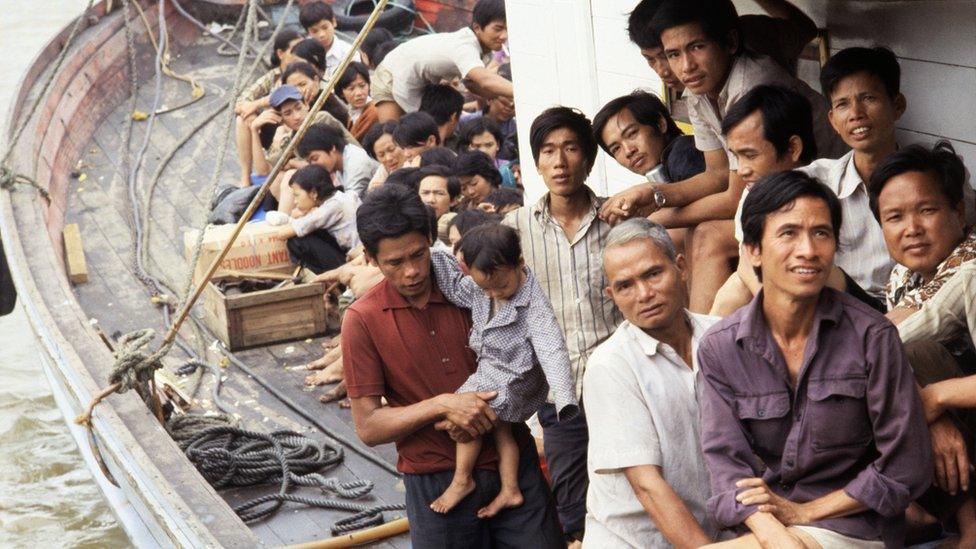
Many boats that left Vietnam in the late 1970s were overcrowded
They managed to avoid the pirates, and the following day the Malaysian mainland came into view, along with two military boats, who immediately began firing warning shots.
"The closer we got to them, the more they shot at us," recalls Hanh. "So we turned the boat around."
Rejected by Malaysia, their next hope for salvation came in the form of an oil rig. As they bobbed in the water next to the structure, some on the boat discussed deliberately sinking their vessel, forcing the oil rig workers to save them.
The plan was abandoned, but proposed again the next day when, as they approached Singapore, the path was blocked by military boats and helicopters. The Singapore navy towed the refugee boat away from the mainland for seven hours to make sure they didn't return.
Stormy waters
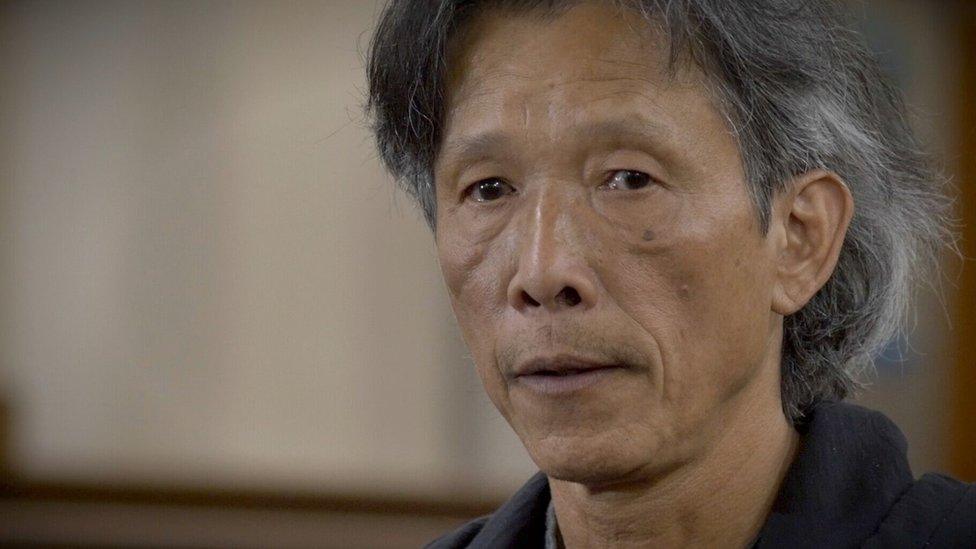
Hanh Tran eventually found a safe home in the UK
Nature then turned against the refugees as a huge storm turned the ocean into a mass of churning water.
Hanh recalls: "During the storm you could see the water was four metres above the boat, and then the next minute the boat would be high on top of a wave.
"Everyone was thinking it was the end. I thought of my wife and daughter, who was just eight months old.
"I said to God that's it, all yours. You can do whatever you want. As I passed out in the boat I heard the people praying."
When he came to, the storm had passed. Nobody had been lost overboard, and there were even dolphins swimming alongside them. It was a brief moment of celebration.
"We were getting close to Indonesia," said Hanh. "Two very big ships came towards us and started shooting. You could see the bullets hitting the water and hear them flying over our heads."
Washed ashore
Rejected once again, this time Hanh and his fellow boat people were in luck as the current took them towards a nearby deserted island.
"We were very, very happy to reach land," said Hanh. "The boat was destroyed so we could not be forced to get back into it."
When the owners of the island arrived ten days later to harvest coconuts, contact was made with the mainland and Hanh's journey to a new life in the UK began.
As he was travelling west, he was given the glad news that the rest of his family had made it to Singapore after also escaping from Vietnam.
Finding sanctuary in Newport
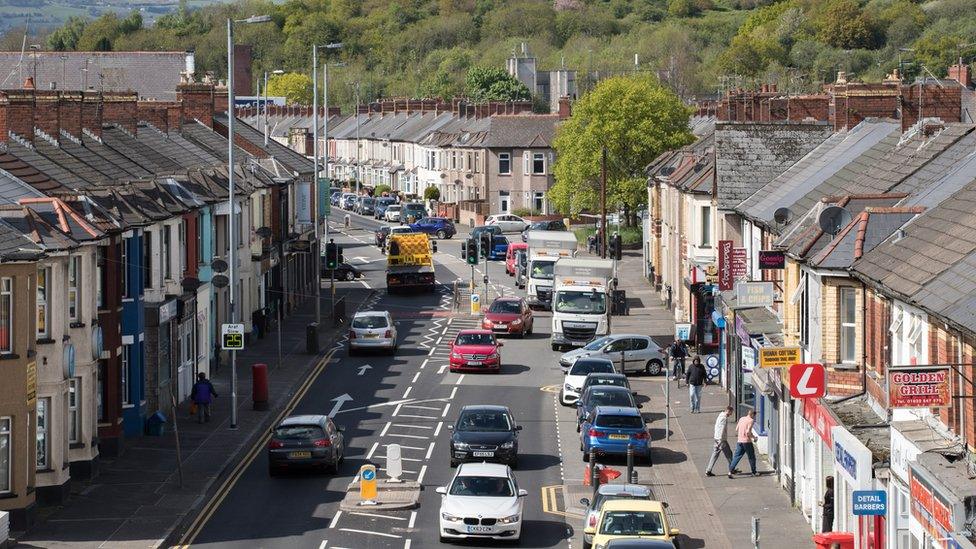
Hanh and his family started a new life in Newport
In April 1980 Hanh was living along with the rest of his family in a refugee centre in Hastings, Kent. Because Vietnamese families like to stay together, Hanh, his nine siblings and his parents were offered a large house in Newport, south Wales.
"The first time I saw Newport I felt like I was in the countryside," said Hanh. "It was so green and lovely and peaceful.
"There wasn't as much development back then, so it felt like a small town. People were so nice and helpful. Even though there was a language barrier, you got help as soon as you left the house."
His siblings gradually left over the years but Hanh stayed the longest, raising a family in Newport.
He now lives in London, part of a Vietnamese community where he continues to keep alive the stories of those who took their chances on the ocean 40 years ago.
The Freedom 360 exhibition, external with the Welsh National Opera will run from 7 to 30 June at the Wales Millennium Centre in Cardiff. Visitors will be able to experience the stories of persecuted people from across the world who have found sanctuary in Wales.
- Published5 June 2019
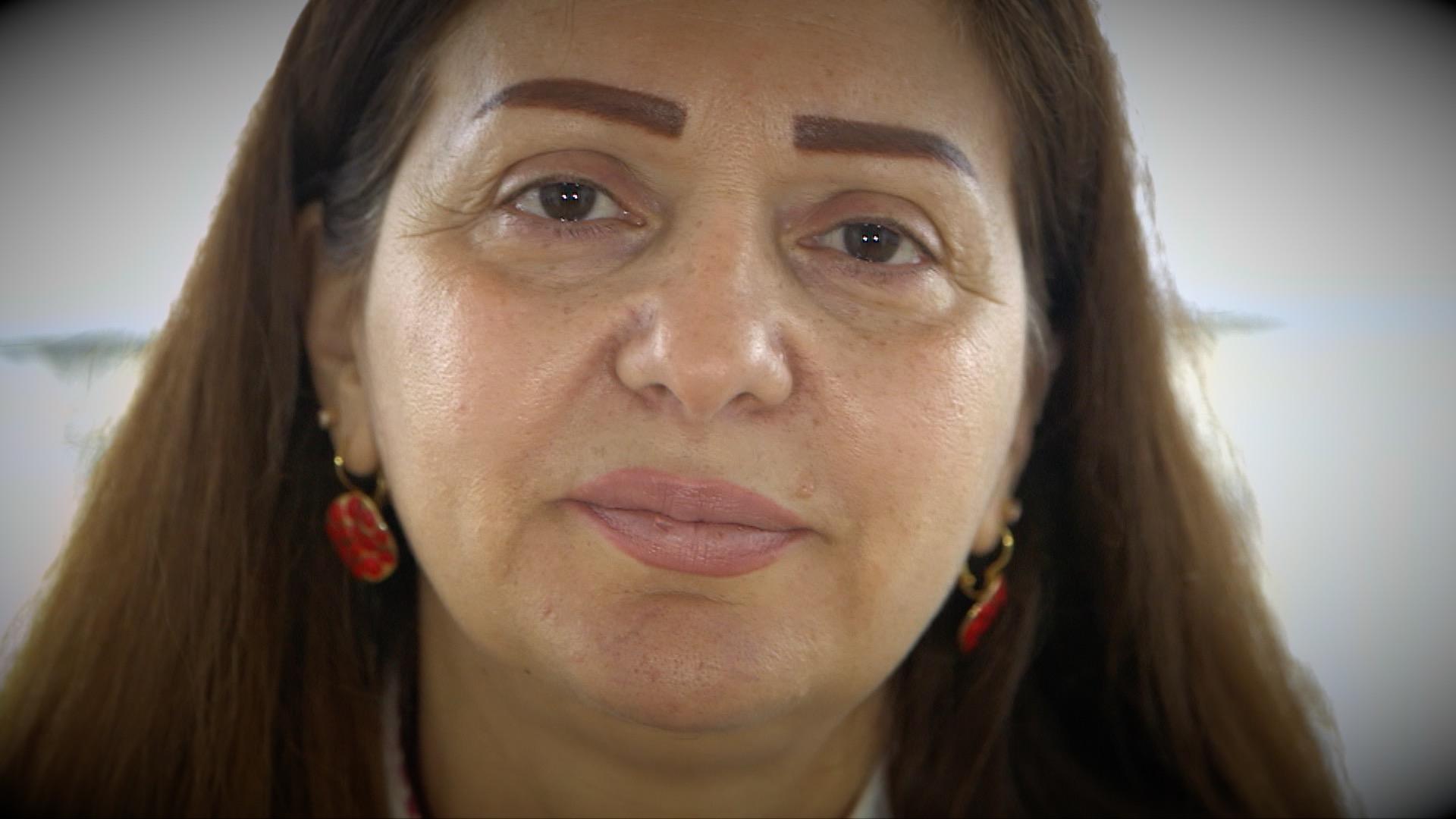
- Published4 June 2019
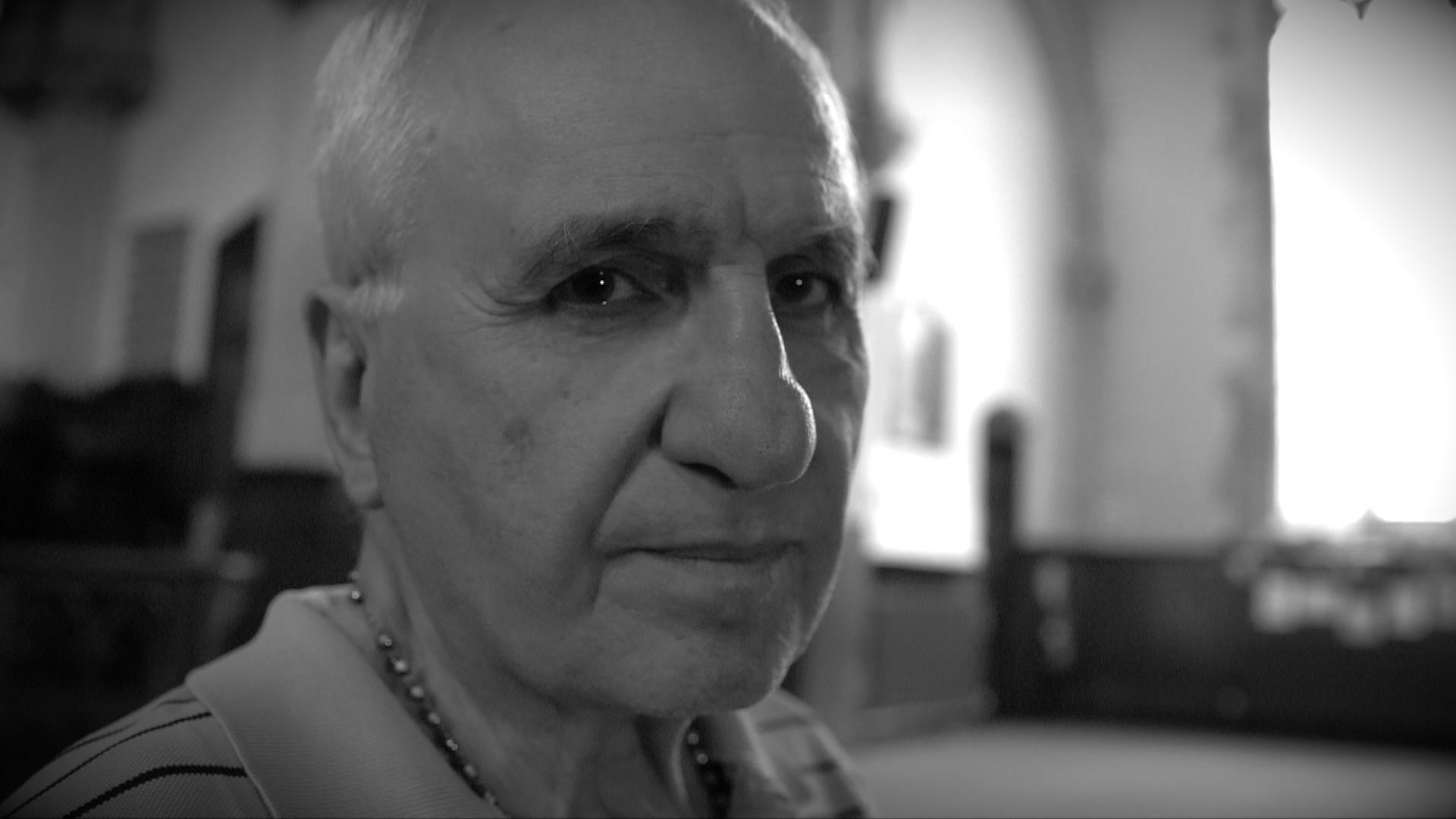
- Published3 June 2019
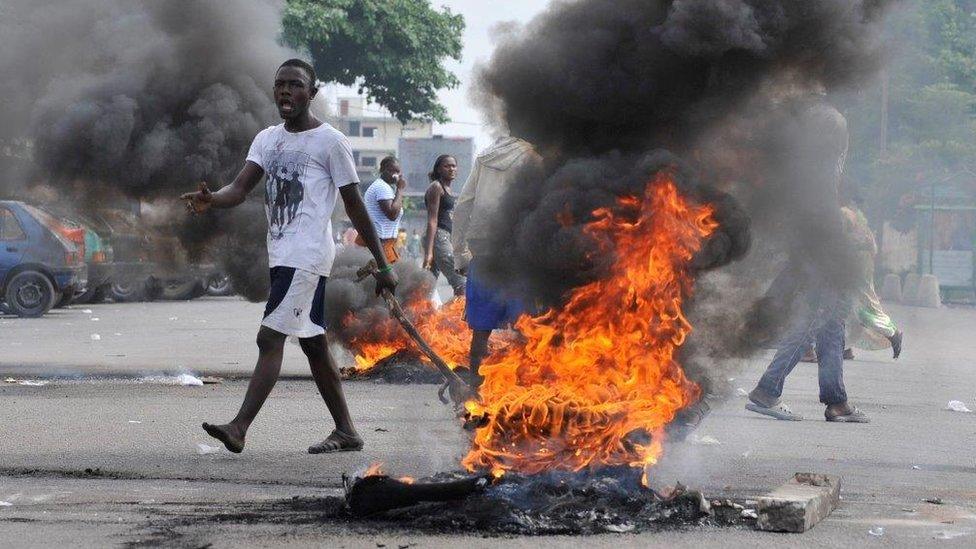
- Published24 May 2019
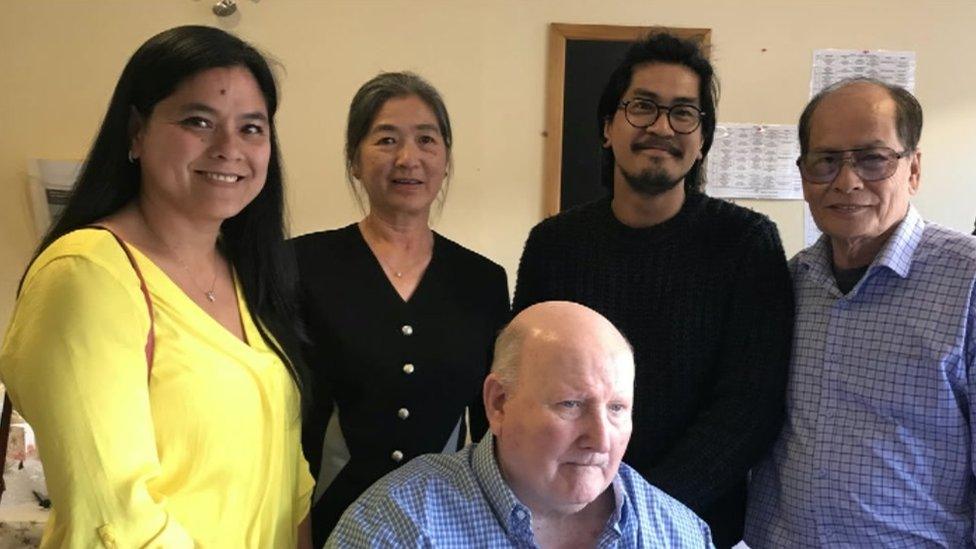
- Published5 March 2014
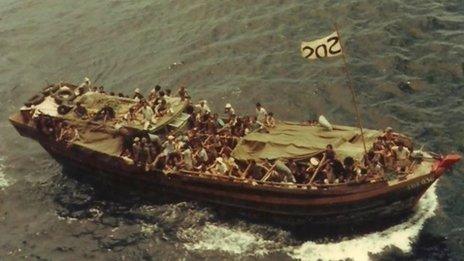
- Published23 October 2024
